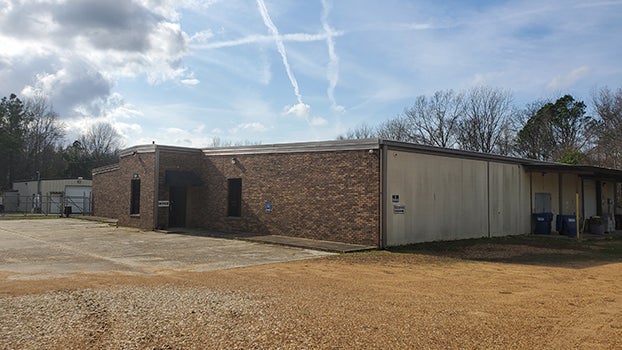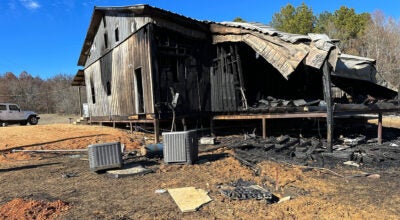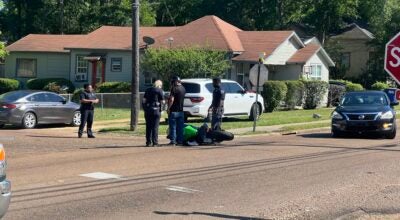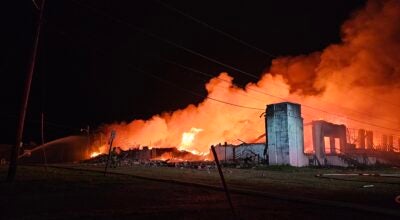Teachers, testing focus for 2019 Legislature
Published 9:37 pm Friday, January 4, 2019
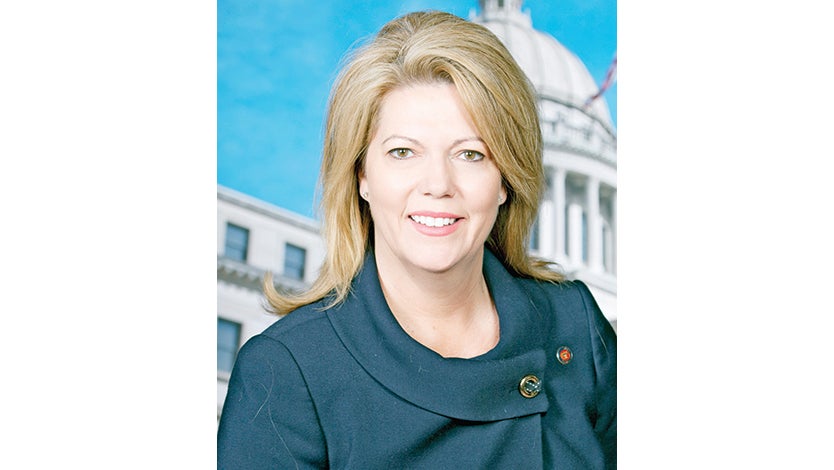
- Sen. Sally Doty
A teacher pay raise is expected to headline discussions over education legislation in Mississippi in 2019 as lawmakers reconvene Tuesday at noon in the state capitol.
Debate is also expected on limiting testing, efforts to increase the number of teachers and ways to prevent school shootings.
However, little action is expected on rewriting the state’s school funding formula or expanding state programs that pay for students to attend nonpublic schools.
The 10-member Joint Legislative Budget Committee submitted its Fiscal Year 2020 recommendation of $5.6 billion — including a 2 percent rainy day fund — in December, said Sen. Sally Doty, R-Brookhaven, who has served on the committee for three years.
Gov. Phil Bryant has recommended raising teacher pay by $25 million in the budget year starting July 1 and by another $25 million in the following year. That’s enough to raise teacher salaries by almost 3 percent, according to Mississippi Department of Education figures, not counting fringe benefits. However, legislative leaders haven’t committed to a specific proposal yet, saying they want to see how much money the state is forecast to have.
Back in 2014, lawmakers pushed through a $2,500 pay raise for teachers that was phased in over two years. The average Mississippi teacher now makes $44,659, according to the state Department of Education.
Almost half of the budget — $2.5 billion — is set aside for K-12 spending.
“Education is very important to all of us,” Doty said. “We recognize that it’s important for our future. We are looking for ways, not to just put more money in it, but to get more quality for the money that we have.”
Doty said she’s not directing that at the teachers, however.
“Our teachers are working as hard as they can, but I think there are some things that can be done to help our educational institutions,” she said.
The Brookhaven attorney has brainstormed ideas with administrators at the county attendance centers where it is a struggle to hire teachers to fill the necessary openings.
“The state Board of Education has adopted some standards that are extremely high, maybe the highest in the nation, and while I understand that we want quality educators, I don’t think, necessarily, that we need to require the highest scores in the nation on the Praxis, the test that they take,” she said. “What happens then is we have teachers who aren’t licensed and the schools can’t find anybody so they hire a long-term sub who has no hope of being certified. I don’t think that policy really is helping our schools or benefitting us.”
Another issue is the use of an accountability model that Doty said is one of the most difficult in the nation.
“The way the model works it’s virtually impossible for a rural school to be an A. The way your grades are combined, you can’t be an A. I think the model needs to take into account smaller schools and some of their issues and just the way they work. I’m working on that,” she said.
Doty said she believes the state is in good shape financially and has the rainy day fund in place if the budget committee is off in its estimates.
“We have a $5.6 billion budget. If you are off 1 percent of your estimate then that is a tremendous amount of money and it happened in 2017. That’s why we had to go over to our rainy day fund, which that’s what that rainy day fund is for,” she said. “Overall, the finances of the state are healthy. We have had some tight budgets in the past couple of years and I think some of those choices are paying off now.”
She doesn’t expect to see MAEP fully funded anytime soon.
“Maybe we can come closer to that,” she said. “All of these things that we talk about takes money and all of our money comes from the taxpayers’ pockets. It’s easy to say ‘We need this. We need this,’ but it’s all coming out of your paycheck and my paycheck. We have a responsibility to be very cautious.”
— The Associated Press contributed to this story.


